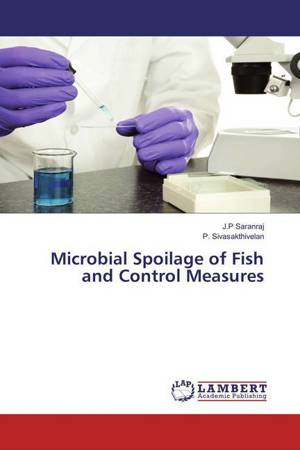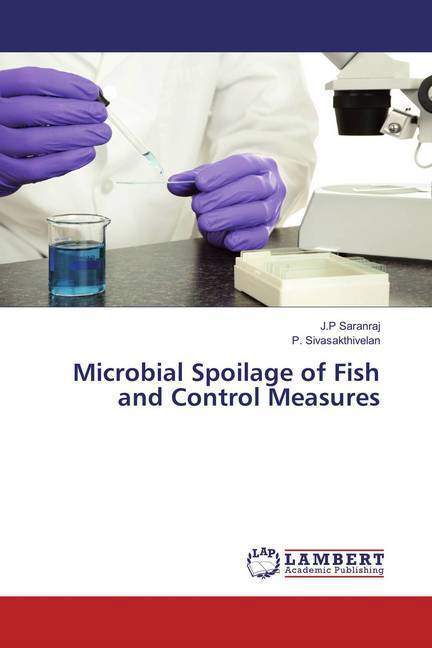
Je cadeautjes zeker op tijd in huis hebben voor de feestdagen? Kom langs in onze winkels en vind het perfecte geschenk!
- Afhalen na 1 uur in een winkel met voorraad
- Gratis thuislevering in België vanaf € 30
- Ruim aanbod met 7 miljoen producten
Je cadeautjes zeker op tijd in huis hebben voor de feestdagen? Kom langs in onze winkels en vind het perfecte geschenk!
- Afhalen na 1 uur in een winkel met voorraad
- Gratis thuislevering in België vanaf € 30
- Ruim aanbod met 7 miljoen producten
Zoeken
€ 54,45
+ 108 punten
Omschrijving
Fish is a non-tetrapod chordate, i.e., an animal with a backbone that has gills throughout its life and has limbs in the shape of fins. This is an important source of food for mankind throughout the world and is a very important source of animal protein. The important constituents of fish are water, protein, lipid, ash, vitamins, minerals & carbohydrate. Protein fraction is the 50 - 95% of the total solids of the muscle tissue and is composed of sarcoplasmic, myofibrillar and stroma proteins. Soon after death, fish begins to spoil by various factors and microorganisms. In the healthy live fish, all the complex biochemical reactions are balanced and the fish flesh is sterile. Various factors are responsible for fish spoilage. The quality of capture is important at determining the rate of spoilage. Notably are the fish health status, the presence of parasites, bruises and wounds on the skin and the mode by which the fish was captured. The caught fish quality depends on the handling and preservation, the fish received from the hands of the fishers after capture. The handling and the preservation practice after capture affects the degree of spoilage of the fish.
Specificaties
Betrokkenen
- Auteur(s):
- Uitgeverij:
Inhoud
- Aantal bladzijden:
- 124
- Taal:
- Engels
Eigenschappen
- Productcode (EAN):
- 9783659860850
- Uitvoering:
- Paperback
- Afmetingen:
- 150 mm x 220 mm

Alleen bij Standaard Boekhandel
+ 108 punten op je klantenkaart van Standaard Boekhandel
Beoordelingen
We publiceren alleen reviews die voldoen aan de voorwaarden voor reviews. Bekijk onze voorwaarden voor reviews.









